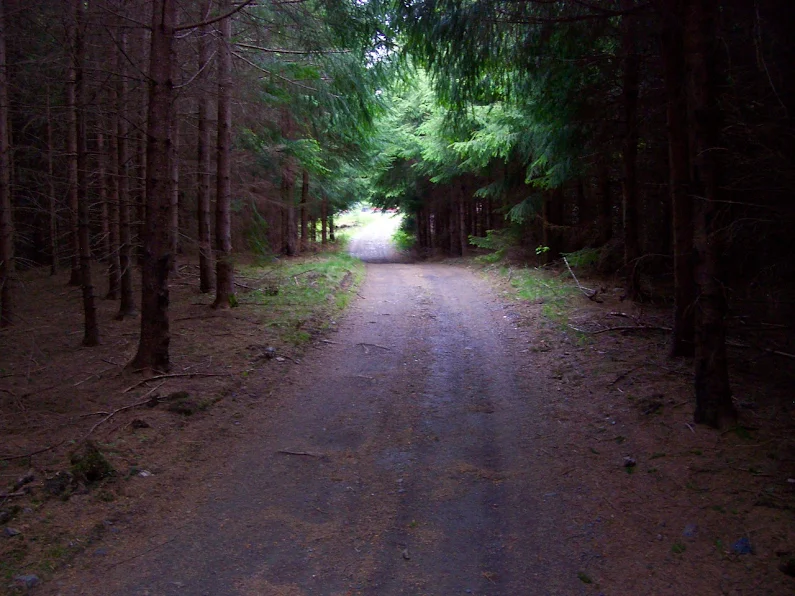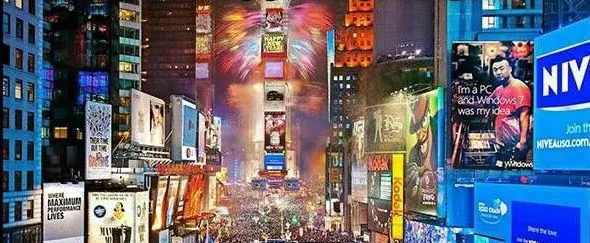I started a digital detox this week. My head feels better already.
Most digital detoxes are temporary breaks from screen time. For this one I wanted to permanently transform how I use the internet.
It has been straight forward and easy.
We have never had a dumb phone, so there was nothing to do there. What I needed to do was dramatically change how I was using our computer.
If no news is good news, then lots of news is bad news, and I have been reading a lot of news since March 2020.
Worse than the news, are the comments associated with the news. Depending on where you are, comments can get pretty toxic.
When it comes to a digital detox, temporary or permanent, the best think to do is make everything you would like to avoid harder to get to.
My computer is too big to put in a container, fill with water, and put in the freezer.
Hold on, that's credit cards. It would make using my computer a little too hard. On the other hand, if this doesn't work, perhaps I will try it.
There are other less drastic ways of making mind destroying content more difficult to link into.
Everything runs counter to this idea. The entire internet makes it as easy as possible to connect.
Of course it does. There is important propaganda and advertising they want us to see.
So, no direct links to anything. No single click set-ups. Nothing automatic or easy.
I can still access everything I want, but only via the harder way.
It is amazing how just adding one or two steps has the ability to make things you are trying to avoid easier to stay away from.
Now I must really want to get somewhere, rather than automatically finding myself there.
One thing I am particularly happy about was deleting my Twitter account.
Permanently.
It was surprisingly easy to do.
They do, however, automatically give you a 30 day window in case you have a change of heart and wish to re-activate your account.
That is not going to happen. Now I am counting the days to the happy outcome of denying them my attention forever.
Next I unsubscribed from everything that sends notices to my email account.
Everything.
I even quit my Google alert for "simple living" that sends links to my account on a daily basis.
Information overload is information overload, even if it is good information.
The hard one was emptying out my Blogger Reading List.
Over the years it has made accessing sites I enjoy very easy. Too easy.
I thought I might keep some, but when it came right down to it I decided to let them all go.
Again, I can still visit all the sites I had on my Reading List, but it will just take a couple of extra steps.
Having done the above, I immediately experienced the result I was looking for.
All of a sudden my relationship with my computer changed for the better. I immediately started spending less time on sites I want to avoid.
It is amazing how much other, more positive stuff I have done since.
Closets are getting decluttered, our garden is in fine form, and I find I have more time to do other things that I enjoy and are good for my mental health.
In this day of extreme toxicity, it is important to limit one's exposure to the whole mess.
A digital detox is a great way to do it, and I highly recommend doing one as soon as possible.

















